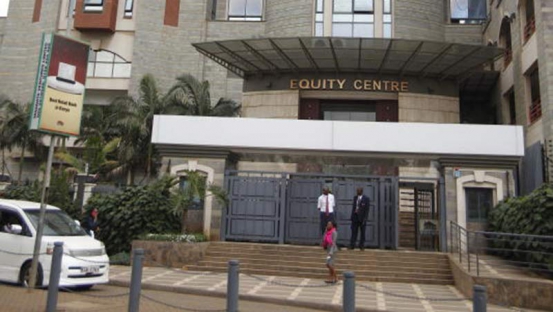×
The Standard e-Paper
Fearless, Trusted News

In the past decade, Equity Bank made its billions by largely focusing on the unbanked poor or the low-end market. They include watchmen, grocery sellers, small-scale farmers and the general informal sector.
This is the category Equity listed as typical customers - with cheap savings accounts and microloans backed by unusual guarantees.